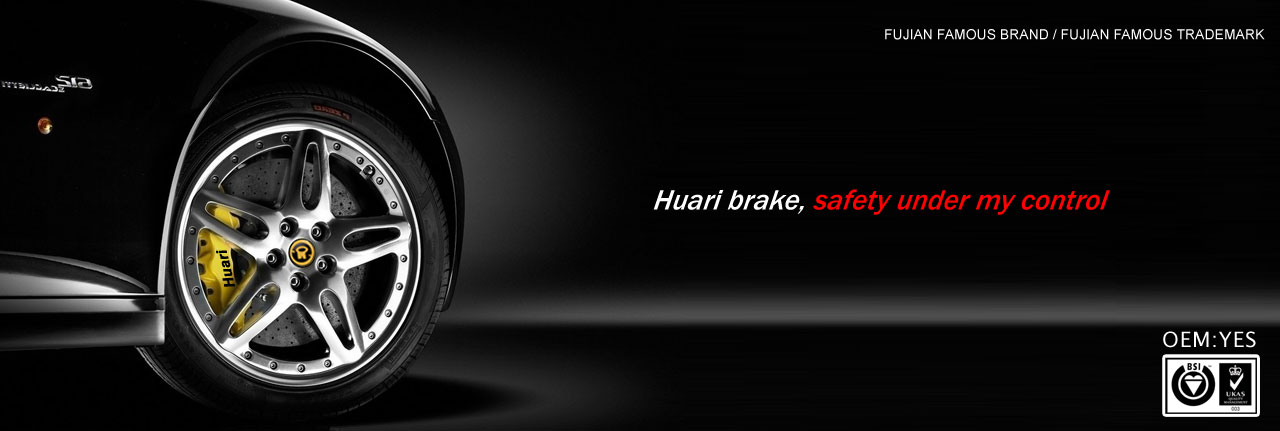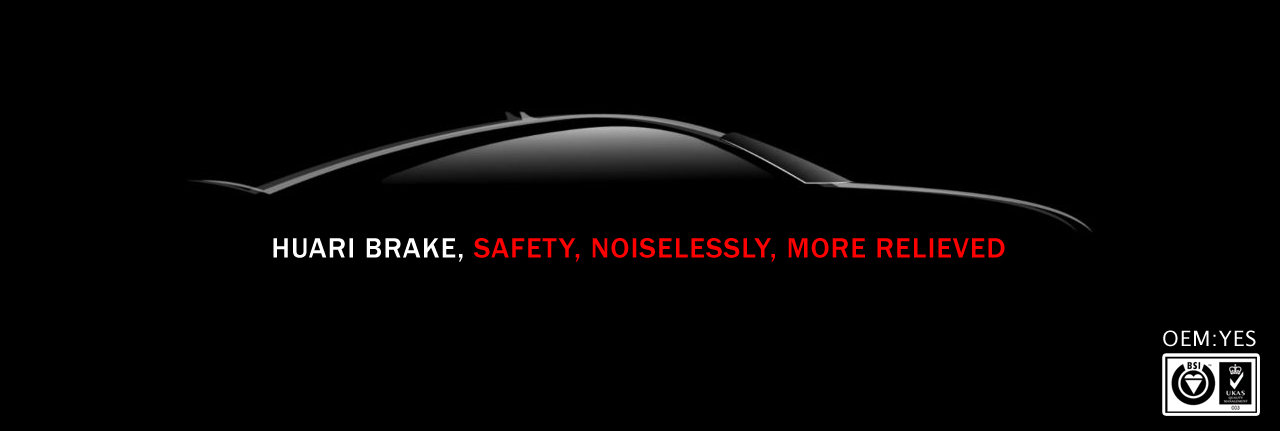Auto Scanner: Repeat problem with car's air conditioning
Q: I brought my 2005 Toyota in for an air-conditioning problem. For the last two years, I have had to do this at just about the same time. I have not had any recommendations to replace parts, but obviously there is a leak. There can be nothing else, right? It costs me about $140 every time, and if this needs to be done again next year, can I buy a refill can at the parts store and do it myself? I could save some considerable money. Whatever your answer is, I will save it for next year when the time is right.
A: Looking at your car’s AC system, let’s consider all the components: compressor, condenser, evaporator, receiver dryer/accumulator, and this is all tied together with rubber hoses and steel pipes along with two service ports. Your AC system holds about 1.5 lbs of Freon and 8 ounces of oil. Leaks can occur because of pinholes anywhere in the system.
Over the years, I have found it is of extreme importance to have the best leak detector available to locate very small leaks, which means a lot because your system holds so little Freon. One area often overlooked is the service ports. Why the service ports, you ask? Most technicians check for leaks while the service ports are attached to the hoses. While the ports are covered by the hose ends, the leaks will never be discovered. The air-conditioning repair game can be a bit tedious, and although it’s not necessary to go to a specialist, your technician should have specialized tools for the job.
As far as the cans of Freon sold in the store, stay away would be my recommendation. You put the Freon in, having no idea how much you really need, and further you are not removing the air from the system. which can become deadly to your AC system if left to mix with the Freon.
Q: My car is a 2006 Honda Accord. It has a very strange brake noise — a high-pitched squeal when you are driving, coming from the right front wheel. The strange part is when you step on the brake, the noise goes away. It’s always been my understanding that worn brakes will make the noise when you step on the brake, especially if it goes metal to metal. I had front brakes done around 28,000 miles ago, so I think it’s a bit too early to have it done again. I do not do a lot of highway driving; my driving is mostly done around town, so I don’t expect to wear out brakes quickly. What do you think this sound may be?
A: The noise you are hearing is the front brake pad warning tabs, which are built into a quality brake pad. It is meant to inform you when your brakes have only approximately 20 percent life before going metal to metal. Once it goes metal to metal, you will get the grinding noise when you apply the brakes. Doing a lot of in-city driving, you can expect to wear out a set of brakes in 28,000 miles. I don’t find that alarming.
Car Care Tip: When pulled over or stopped by police, always show your hands and be respectful. The police have a very dangerous job, and you would be surprised how a little respect and courtesy goes a long way. Don’t forget to thank the officer for the dangerous work he does for us each and every day.
2016-08-15 20:58:09
ADD:No. 1, Xiaban, Xiufeng Village, Shekou Town, Fu'an City, Ningde City, Fujian Province TEL:0086-0593-6388368||6558596 FAX:0086-0593-6338966 E-mail:brake@fjhuari.com / huari3348@126.com
Copyright ? 2013 Fujian Huari Automotive Parts Co., Ltd. All Rights Reserved.
Copyright ? 2013 Fujian Huari Automotive Parts Co., Ltd. All Rights Reserved.






